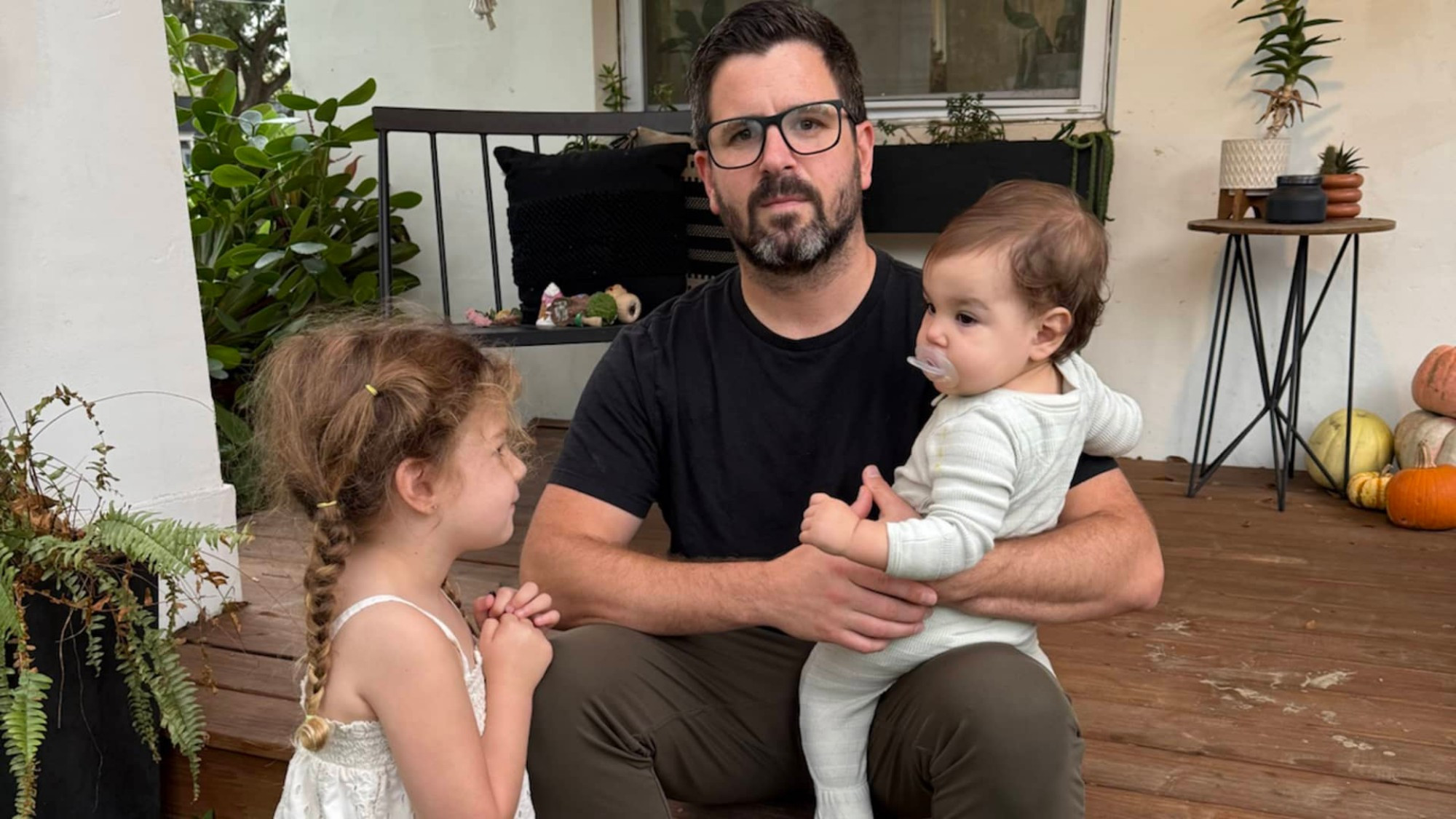An e-mail notification wouldn't have been sufficient or really meaningful. 1/
Because most of us are not acting most of the time in a role of financial professional, defaults on most financial products have to be paternalistically protective. A regime of disclosure and caveat emptor is not sufficient for anything that presents itself as an ordinary savings product. 2/
In the article that kicked this off, people held funds in what they did not believe to be a crypto exchange, right? This infrastructure was used, from many customers' perspective, for ordinary savings. (Is that wrong?) 3/
I understand that it's been frustrating for crypto-affiliated businesses that crypto's gray status limits the range and quality of their banking relationships. But that has been a fact of the world. It imposes real obligations and limitations. 4/
An implication is that perhaps you simply *can't* be both a crypto product and effectively a custodian of ordinary savings. If you are going be a front end for people's saving, you need a quality back end, and crypto affiliation might unduly limit the range and quality available. 5/
With whom was the customer relationship, with Synapse or the bank? I hope you get your money back! But did you have a relationship with Evolve, intentionally sign off on having your funds dispersed to related entities? From a human, nonlegalistic perspective, in whose care did you place you funds?
Does Evolve survive? That would be a failure on the part of FDIC, for sure. Do customers get made whole? 1/
I'm glad going forward there's a regulatory patch to prevent precisely this occurrence. Is that sufficient? Shouldn't there be a precautionary regime of regulation in place to ensure that new workarounds aren't tried for "more efficient" backing assets? 2/
Should we be excited about deleting CFPB and perhaps FDIC going forward? Synapse was an Andreeson-Horowiiz backed firm. What do you think of their reputation. Should the public place must trust its brilliant ventures? This isn't the first firm in history. 3/
There is so much forgiveness of failure, within the Valley culture. God forbid there be as much grace offered to those who are collateral damage of those failures. That would be expensive! And to prevent it would require, well, intrusive and sometimes burdensome regulation. 4/
The setup is problematic, because the money isn't there. The "except insofars" is Syapse's sacred responsibility. If they sleep, I hope they are grateful for God's grace. 1/
If you can't find another partner and your only alternative is to accept a complication of status and diminishment of security of your customers' assets, you wind down. Your business' continuing operation is lower priority than the funds other people have entrusted in you. /fin
So. The backing assets are known, to a first approximation, to be in the custody of Evolve, an FDIC-insured and regulated bank. Yet Synapse, the party whom users entrusted with their savings, was "forced" to transfer these assets to uninsured affiliated entities? 1/
Would you do this with your money? Is this reasonable diligence? 2/
Obviously not. Wealthy people keep conservative assets in FDIC insured titular-accounts, or TBTF institutions deemed tacitly insured. 3/
No "prudent man" consents to their assets getting swept into uninsured SPVs absent an excess return, and understanding they are taking a calculated risk on that return. 4/
Do retail customers sometimes get so swindled? Sure. They sometimes do consent to "sweeps" into underinsured money markets whose risk is inadequately compensated. But Synapse was not a retail customer. It was a professional fiduciary with other people had entrusted their lives' savings. 5/
Oops! It was a start-up! Run by a bunch of twnetty-somethings, maybe! Live and learn. Fucking no. That's why custodial finance is a sphere that requires tremendous, burdensome regulation. 6/
I don't buy it. The fintech apps are what should have a record of what is owed to whom, and what assets back it. If a banking bank lacks the assets, the fintech should know just who to sue and pursue. There is no excuse for managing customer accounts and not knowing what the backing assets are.
i'm so glad this community will have more political influence and less regulation, in order to innovate even more aggressively. www.cnbc.com/2024/11/22/s... via @ernie.tedium.co
'I have no money': Thousands of Americans see their savings vanish in Synapse fintech crisis
Link Preview: 'I have no money': Thousands of Americans see their savings vanish in Synapse fintech crisis: CNBC spoke to a dozen customers caught in the Synapse fintech predicament, people who are owed sums ranging from $7,000 to well over $200,000.without comment. www.wfla.com/news/polk-co...
Lakeland woman threatens insurance company, says ‘Delay, Deny, Depose’: police
Link Preview: Lakeland woman threatens insurance company, says ‘Delay, Deny, Depose’: police: A Lakeland woman was charged Tuesday after police said she ended a call to an insurance company with the words, “Delay, Deny, Depose.”if you look at an ad on facebook or instagram, you are participating in a donation to Trump’s inauguration.
sometimes i find myself saying “thank you” to claude.ai then i wonder whether my politeness is burning down the rainforest.
unfortunately i don’t think the “industry” cares at all. that stuff is just marketing. profit is number go up.
yes, that’s why commodity is a better analogy. you can’t set prices or borrow in a currency that sharply spikes against goods and services. it’s a terrible unit of account.
crypto begins as, its entire architecture is shaped and constrained in order to be, a form of money or commodity independent of states. it is an experimental alternative to state coordination of finance and even contracts. now it’s surging, solely as a function of expected endorsement of the state.
i hate to link over there, but @mattbruenig.bsky.social is so good on this stuff. x.com/mattbruenig/...

